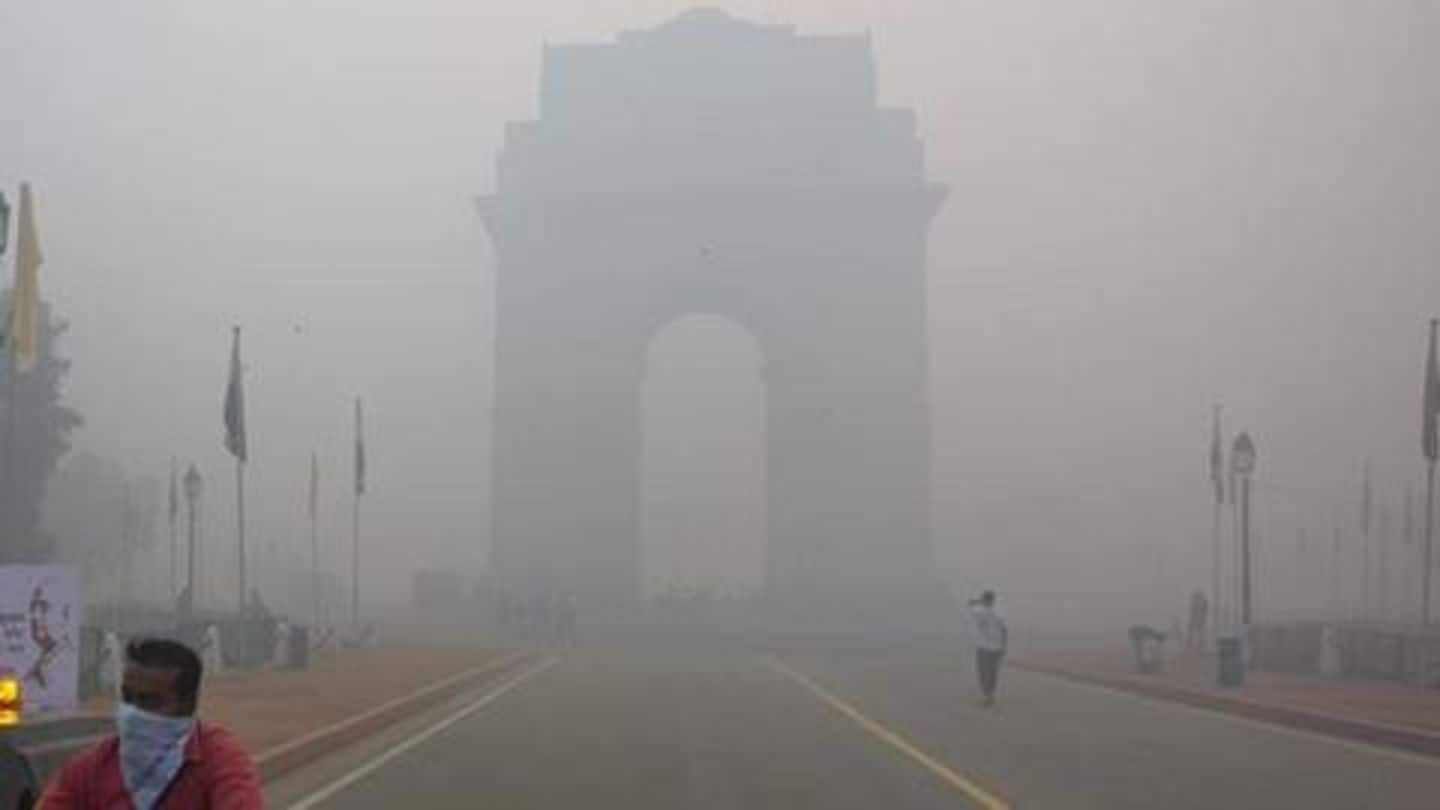
WHO: Air pollution kills 600,000 children, 7 million people annually
What's the story
With winter approaching and air quality dropping in North India, the World Health Organization (WHO), on Monday, warned that every year, air pollution kills around 600,000 children under 15 years of age. Additionally, with nine out of 10 people in the world breathing polluted air, air pollution causes around seven million premature deaths every year. Here are the scary details.
Details
93% of the world's children breathe toxic air
According to WHO data, 93% of the world's 1.8 billion children under the age of 15, including 630 million children under the age of five, breath dangerously polluted air. In 2016 alone, exposure to toxic air killed 600,000 children, who died of acute lower respiratory tract infections. Further, globally, air pollution accounts for one in 10 deaths among children under the age of five.
Data
The gap between high-income and low-income countries
WHO data also revealed that in high-income countries, 52% of children under five years of age are exposed to toxic air. For low and middle-income countries, the risk is significantly higher, with 98% of children aged five years and below exposed to dangerous air pollution.
Children
Children are more susceptible to air pollution than adults
Notably, the WHO also revealed that air pollution accounts for more than half of all cases of lower acute respiratory infections among children in low and middle-income countries. What's worse? Children are also more susceptible to air pollution than adults as they breathe more rapidly, thus absorbing more pollutants. This can hamper a child's development and cognitive abilities, and can cause asthma and cancer.
Data
In 2016, air pollution killed over 100,000 children in India
In 2016, India recorded the highest number of air pollution-related deaths of children - over 100,000. Nigeria (98,001), Pakistan (38,252), Democratic Republic of Congo (32,647) and Ethiopia (20,330) followed India, comprising the worst five countries in terms of air pollution-related child mortality.
Action
The world needs to take action now, says WHO
The report, launched ahead of the WHO's first-ever global conference on air pollution, also urged immediate action. Steps suggested included switching to clean cooking and heating fuels, using cleaner transportation fuel, lowering emissions, and better waste management. "The world needs to reduce the overdependance we have on fossil (fuel), and accelerate to clean, renewable energy," said Maria Neira, head of WHO's public health department.